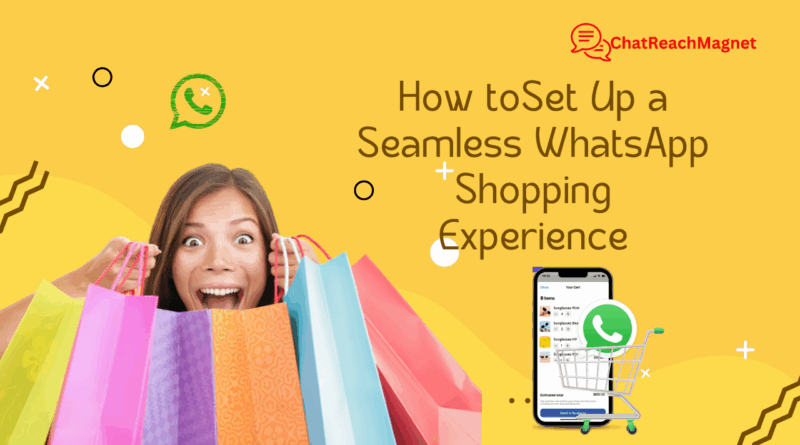How to Set Up a Seamless WhatsApp Shopping Experience for Your Customers
WhatsApp shopping is rapidly becoming a go-to solution for businesses aiming to offer fast, convenient, and interactive buying experiences directly within chat.
With extensive users globally and the rise of conversational commerce, WhatsApp is more than just a messaging app—it is a powerful sales channel.
Whether you are selling fashion, electronics, groceries, or services, setting up a seamless WhatsApp marketing journey can significantly improve customer satisfaction and boost conversions.
In this guide, you will learn how to turn your WhatsApp chats into an efficient and customer-friendly storefront.
From setting up your business profile to leveraging catalogs, buttons, and automation, we’ll walk you through every essential step.
What Is WhatsApp Shopping and Why It Is Important
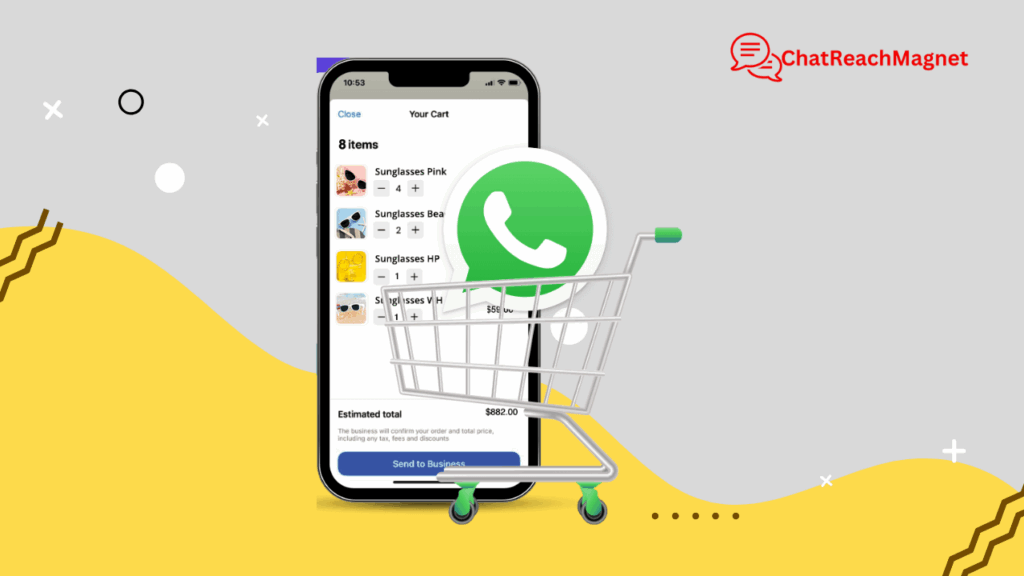
WhatsApp shopping refers to the ability for customers to browse products, ask questions, place orders, and even make payments—all within the WhatsApp platform.
Instead of redirecting users to websites or apps, businesses now bring the shopping experience directly to the chat.
Key Benefits of WhatsApp Shopping:
- Instant, personalised customer service
- No need for additional apps or platforms
- High open and response rates
- A human touch that encourages repeat purchases
If you want to meet customers where they already are and make purchasing frictionless, WhatsApp shopping is the answer.
Steps in Setting Up WhatsApp Shopping for Your Customers
1. Set Up Your WhatsApp Business Account
The foundation of a seamless WhatsApp shopping experience starts with a proper WhatsApp Business setup.
Steps:
- Download WhatsApp Business from the Play Store or App Store.
- Register your business number.
- Set up your Business Profile with:
- Business name
- Logo
- Address
- Description
- Website
- Operating hours
- Business name
A complete profile builds credibility and enhances the customer’s confidence when shopping on WhatsApp.
2. Create and Optimise Your WhatsApp Catalog
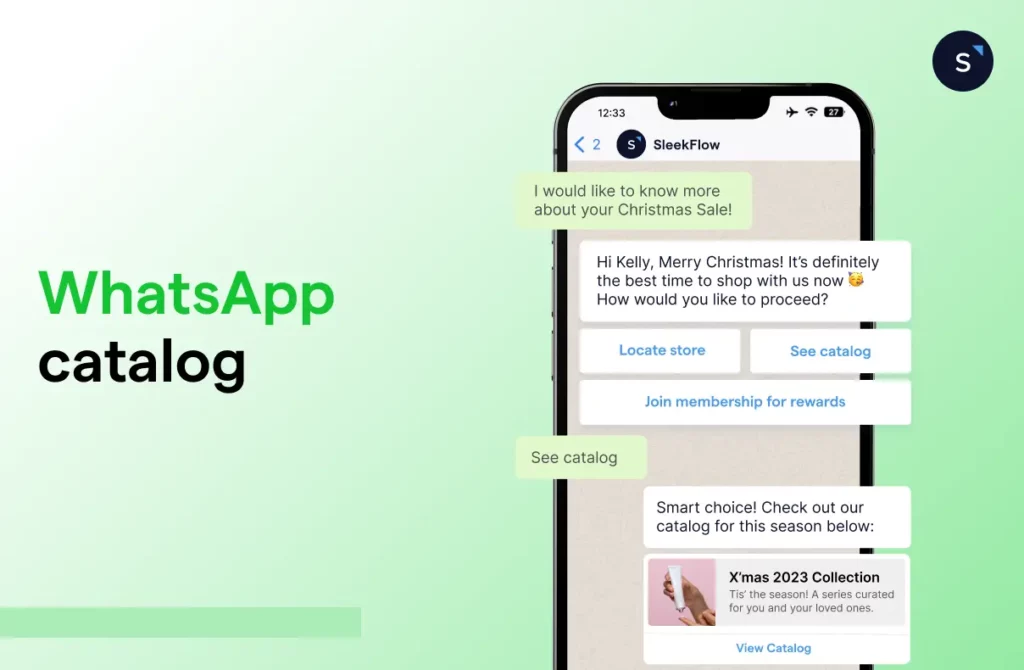
A major component of WhatsApp shopping is the catalog feature. This acts as your mobile storefront within WhatsApp.
How to Set It Up:
- Go to your WhatsApp Business app
- Tap on “Business Tools” > “Catalog”
- Add product images, prices, descriptions, and links (if any)
Tips:
- Use clear, high-resolution images
- Keep product titles short and descriptive
- Highlight bestsellers and discounts
With a well-organised catalog, customers can browse products without leaving the chat, enhancing the WhatsApp marketing experience.
3. Use Interactive Messages and Buttons
Take your WhatsApp shopping to the next level with interactive messages. These include buttons that guide users through the buying journey.
Examples:
- Quick Replies: Let users tap a button like “View Products” or “Track Order”
- Call-to-Action Buttons: Link to websites or phone numbers
- Product Messages: Send direct links to specific items from your catalog
These tools make WhatsApp shopping intuitive and user-friendly.
4. Create a Seamless Purchase Flow
Make it easy for customers to go from browsing to buying within a few messages.
Sample Flow:
- Customer messages “Hi, I want to shop.”
- Auto-reply offers catalog or product categories
- Customer selects a product
- Business shares price and payment link or bank details
- Customer confirms order
- Business sends confirmation and delivery timeline
By creating this seamless flow, WhatsApp shopping feels as easy as chatting with a friend.
5. Automate FAQs and Order Responses
Use quick replies and automated messages to answer frequent questions about products, prices, or delivery.
Examples:
- “What is your return policy?”
- “Do you deliver outside the city?”
- “Can I pay on delivery?”
Automating these helps maintain a smooth WhatsApp shopping experience even during peak hours.
6. Integrate with WhatsApp Business API for Scale
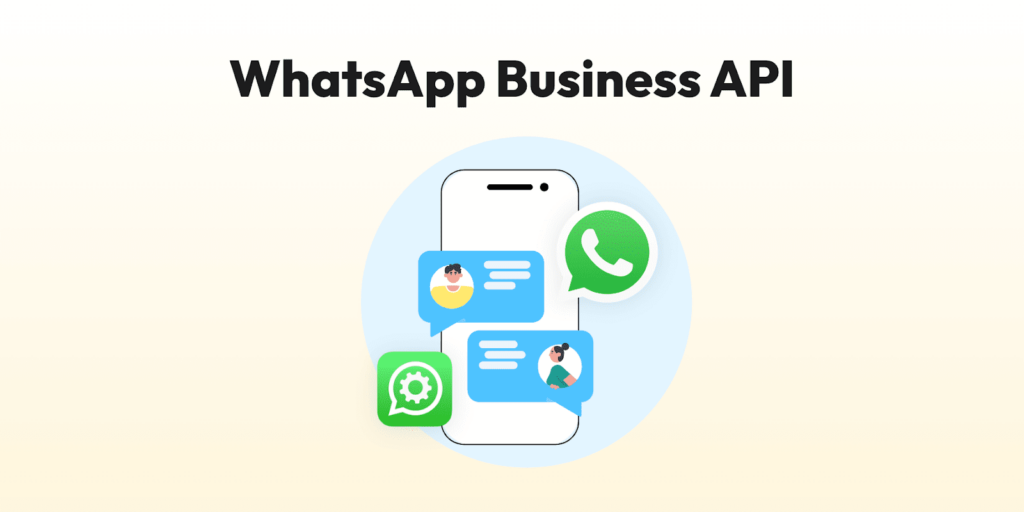
If you handle large volumes or multiple agents, consider the WhatsApp Business API.
Benefits for WhatsApp Shopping:
- Integration with CRM tools
- Multi-agent support
- Automated follow-ups and payment reminders
- Rich analytics and insights
The API helps you scale your WhatsApp shopping operations while maintaining a personalised touch.
7. Promote Your WhatsApp Shopping Experience
Drive traffic to your WhatsApp store by creating entry points across different platforms:
Where to Add Links:
- Website “Chat Now” button
- Social media bios and posts
- Google Business Profile
- Email footers and newsletters
- QR codes in stores or packaging
Make sure you are using the short link feature in WhatsApp Business to generate direct chat links.
8. Use Broadcasts for Offers and Promotions
Use the broadcast feature to share discounts, product updates, or flash sales with multiple contacts at once. Keep messages personalised and relevant to increase effectiveness.
Broadcasts keep your WhatsApp shopping channel active and engaging.
9. Track Performance with Message Statistics
Measure how well your WhatsApp shopping efforts are performing.
Metrics to Track:
- Message delivery and open rates
- Response time
- Most viewed products
- Abandoned conversations
Use message statistics in WhatsApp Business or third-party analytics tools for better insight.
10. Provide After-Sale Support
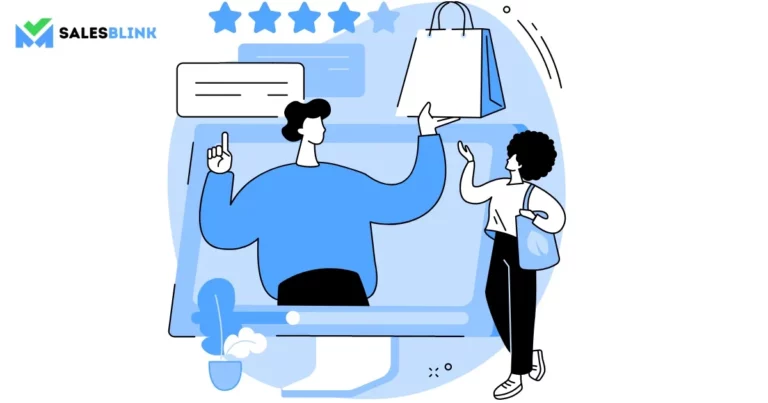
Good WhatsApp shopping does not end with a purchase—it extends to excellent customer service.
Use labels like:
- “New Orders”
- “Pending Payment”
- “Follow-Up”
- “VIP Customers”
Provide updates, collect feedback, and ensure repeat business through consistent support.
11. Keep the Experience Mobile-Friendly
Remember: WhatsApp shopping is inherently mobile-first. Optimise product photos, keep replies concise, and ensure every interaction is smooth on a small screen.
Mobile convenience is one of the biggest selling points of WhatsApp commerce.
12. Encourage Repeat Purchases
Offer loyalty rewards, exclusive product previews, or discounts for returning customers. Use interactive messages and broadcasts to keep past buyers engaged.
Customer retention is a critical part of your WhatsApp shopping success.
13. Ensure Compliance and Customer Consent
Always get permission before adding customers to broadcasts or initiating messages.
Respect privacy laws and offer opt-out options in all promotional messages.
Trust is vital to a sustainable WhatsApp shopping strategy.
14. Keep It Human and Conversational
One of the key strengths of WhatsApp shopping is that it allows businesses to stay human. Avoid sounding robotic. Use emojis, thank customers personally, and be warm.
It is chat commerce—not chatbot commerce.
Conclusion
WhatsApp shopping is not just a trend—it is the future of e-commerce for mobile-first customers.
With minimal setup and maximum potential, it empowers businesses of all sizes to create personalised, interactive, and friction-free shopping experiences.
From setting up your catalog to using automation, broadcasts, and buttons, you now have all the tools to build a truly seamless WhatsApp shopping journey.
Ready to turn chats into checkouts? Your customers already use WhatsApp. It is time to make it their favourite place to shop, too.

